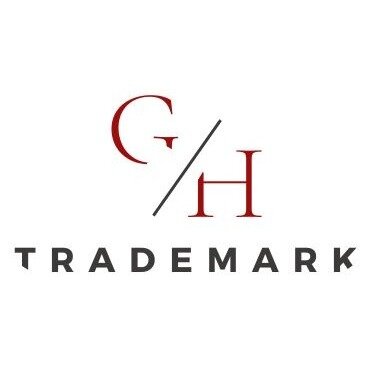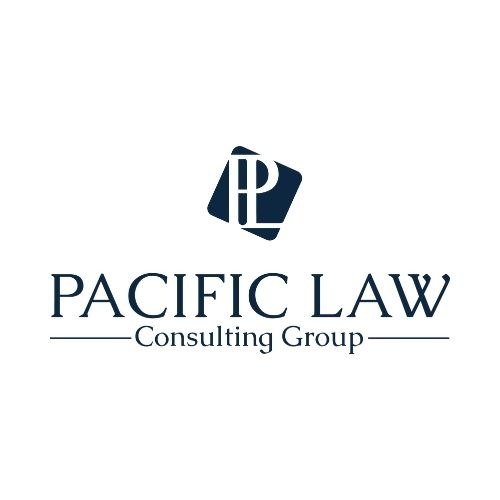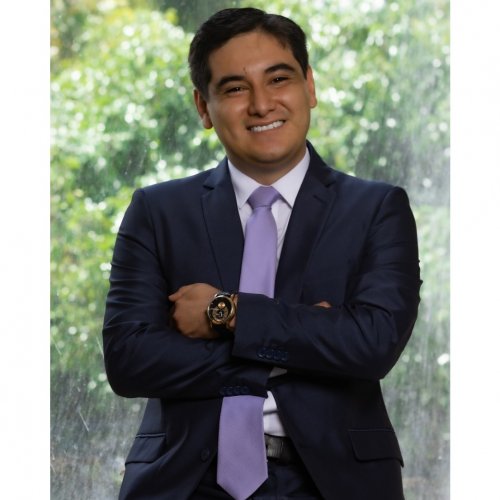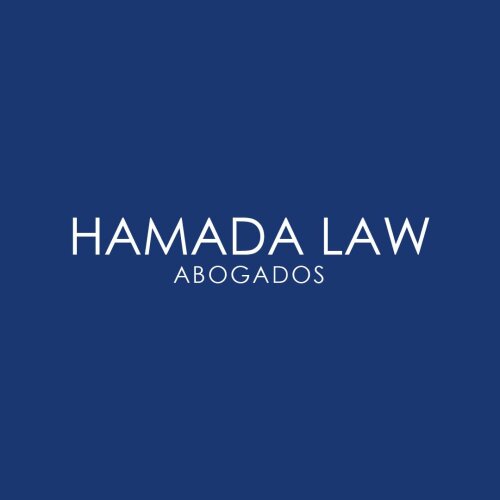Best Trademark Lawyers in Lima
Share your needs with us, get contacted by law firms.
Free. Takes 2 min.
List of the best lawyers in Lima, Peru
About Trademark Law in Lima, Peru
Trademark law in Lima, Peru, falls under the jurisdiction of the National Institute for the Defense of Free Competition and the Protection of Intellectual Property (INDECOPI). Trademarks are defined as signs capable of distinguishing the goods or services of one enterprise from those of other enterprises. These can include words, names, symbols, designs, or combinations thereof. The primary aim is to prevent consumer confusion and uphold the rights of trademark holders. In Peru, international agreements such as the Andean Community's Common Regime on Industrial Property also significantly influence trademark law.
Why You May Need a Lawyer
Hiring a lawyer can be crucial in several situations related to trademarks in Lima, such as:
- Filing for trademark registration to ensure your application is comprehensive and adheres to legal standards.
- Responding to oppositions or objections raised against your trademark application.
- Enforcing your rights against unauthorized use or infringement of your registered trademark.
- Defending against claims of trademark infringement or dilution by others.
- Re-evaluating an existing trademark portfolio to maximize protection and value.
- Navigating complex scenarios involving licensing, selling, or transferring trademark rights.
Local Laws Overview
Trademark law in Peru is governed by Legislative Decree No. 1075, which incorporates the stipulations of the Andean Community Decisions. Key aspects of Peruvian trademark law include:
- The protection of trademarks is granted for ten years and is renewable indefinitely.
- Trademark applications can be made for goods and services, and the classification adheres to the Nice Classification system.
- There is a requirement for distinctiveness, meaning the trademark must be distinguishable from others.
- Unregistered trademarks may receive protection if they are well-known within Peru, in accordance with Andean Community Decision 486.
- Trademark infringement may lead to civil penalties and include orders to cease the unauthorized use and damages for infringement.
Frequently Asked Questions
What is the process for registering a trademark in Peru?
The process includes filing an application with INDECOPI, undergoing an examination period, publication for any oppositions, and finally, registration if no oppositions are raised.
How long does it take to register a trademark in Peru?
The process can take approximately 6 to 12 months, depending on whether there are any objections or oppositions during the application process.
Can I register a trademark in Peru if it is already registered in another country?
Yes, but you must apply separately within Peru as each country maintains its own trademark registry. International applications through the Madrid Protocol are not applicable since Peru is not a member.
What are the fees associated with registering a trademark in Peru?
There are official fees payable to INDECOPI for filing, examination, and other potential processes like oppositions. Legal fees for representation will vary depending on the complexity.
What constitutes trademark infringement in Peru?
Infringement occurs when someone uses a trademark identical or confusingly similar to a registered trademark in connection with goods or services for which the mark is registered, without the owner's consent.
Are there any defenses against trademark infringement claims?
Common defenses include arguing the lack of similarity between the marks, demonstrating the mark is generic, or asserting prior use of the mark.
How can I enforce my trademark rights in Peru?
Actions can be taken through civil litigation or administrative procedures at INDECOPI, requiring formal complaint and presentation of evidence of infringement.
What is a trademark opposition?
An opposition is a formal objection by a third party against the registration of a trademark during the public announcement phase of the application process, asserting reasons the trademark should not be registered.
Could I lose my trademark rights in Peru?
Yes, if a trademark is not used for three consecutive years, it could be subject to cancellation for non-use. Trademark rights can also be invalidated if they're acquired in bad faith.
How often must I renew my trademark registration in Peru?
Trademarks are granted for ten years and must be renewed six months before the expiration date to maintain protection without losing continuity.
Additional Resources
There are several valuable resources and bodies that can assist those needing guidance on trademark law in Peru:
- INDECOPI: The governmental body responsible for intellectual property rights in Peru.
- Peruvian Lawyers Association: Offers directories and information for finding qualified legal assistance.
- Andean Community Secretariat: Provides resources and information concerning regional intellectual property law and regulations.
Next Steps
If you require legal assistance with trademarks in Lima, Peru, consider the following steps:
- Consult with a lawyer specializing in intellectual property to understand your specific needs and rights.
- Gather all necessary documentation related to your trademark, such as registration certificates, usage records, and any communication about potential disputes.
- Consider filing for registration or renewing your trademark with the help of a legal professional to ensure compliance with local laws and international standards.
- Explore the possibility of alternative dispute resolution if facing opposition or infringement issues, as it might offer a quicker and cost-effective solution.
Lawzana helps you find the best lawyers and law firms in Lima through a curated and pre-screened list of qualified legal professionals. Our platform offers rankings and detailed profiles of attorneys and law firms, allowing you to compare based on practice areas, including Trademark, experience, and client feedback.
Each profile includes a description of the firm's areas of practice, client reviews, team members and partners, year of establishment, spoken languages, office locations, contact information, social media presence, and any published articles or resources. Most firms on our platform speak English and are experienced in both local and international legal matters.
Get a quote from top-rated law firms in Lima, Peru — quickly, securely, and without unnecessary hassle.
Disclaimer:
The information provided on this page is for general informational purposes only and does not constitute legal advice. While we strive to ensure the accuracy and relevance of the content, legal information may change over time, and interpretations of the law can vary. You should always consult with a qualified legal professional for advice specific to your situation.
We disclaim all liability for actions taken or not taken based on the content of this page. If you believe any information is incorrect or outdated, please contact us, and we will review and update it where appropriate.











